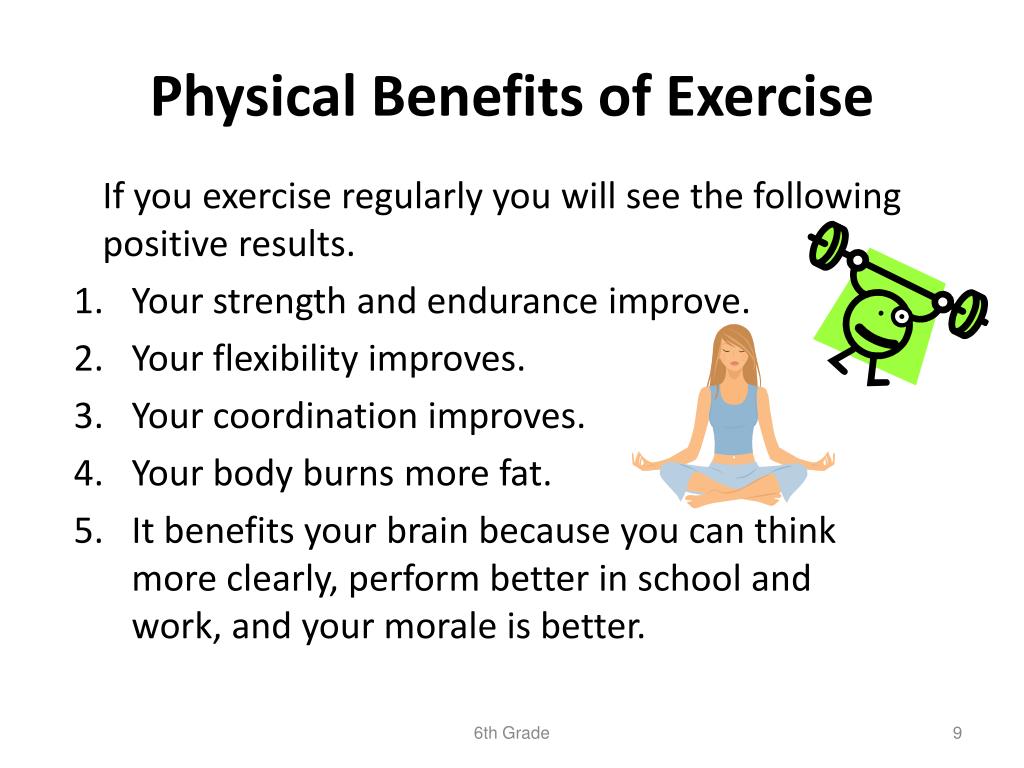
According to the 2019 National Health and Nutrition Examination Survey, 16.1% of U.S. Obesity is an important health issue among children in the United States. APHA Policy Statement 201415: Support for Social Determinants of Behavioral Health and Pathways for Integrated and Better Public Health.APHA Policy Statement 20121: Supporting the National Physical Activity Plan.APHA Policy Statement 201514: Building Environments and a Public Health Workforce to Support Physical Activity Among Older Adults.APHA Policy Statement 200619: Urgent Call for a Nationwide Public Health Infrastructure and Action to Reverse the Obesity Epidemic.APHA Policy Statement 20058: Supporting the WHO Global Strategy on Diet, Physical Activity and Health.APHA Policy Statement 20044: Creating Policies on Land Use and Transportation Systems that Promote Public Health.APHA Policy Statement 9709: Promoting Public Health Through Physical Activity.APHA Policy Statement 20079: Building a Public Health Infrastructure for Physical Activity Promotion.APHA Policy Statement 201515: The Role of Health Education Specialists in a Post-Health Reform Environment.APHA Policy Statement 20172: Supporting the Updated National Physical Activity Plan.


Relationship to Existing Policy Statements This policy statement calls for comprehensive and cooperative actions from the public health community, schools, administrators, researchers, and community members to increase physical activity opportunities through physical education in order to engage youth in at least 60 minutes of physical activity daily.

Marginalized youth from low-income families, communities of color, immigrant communities, and others are disproportionately impacted by lack of supportive policies and programming. Considering that 30.4% of youth are overweight or obese and that 76.8% do not meet the daily physical activity recommendations, and considering the benefits of physical activity with respect to increased ability to concentrate and learn, it is of the utmost importance to incorporate policies and programs that facilitate healthy engagement in physical activity in schools. However, most school policies and programs are not supportive of physical activity in the school day, specifically physical education. This policy statement provides scientific evidence that schools are unique places where children should be engaged in physical activity.


 0 kommentar(er)
0 kommentar(er)
